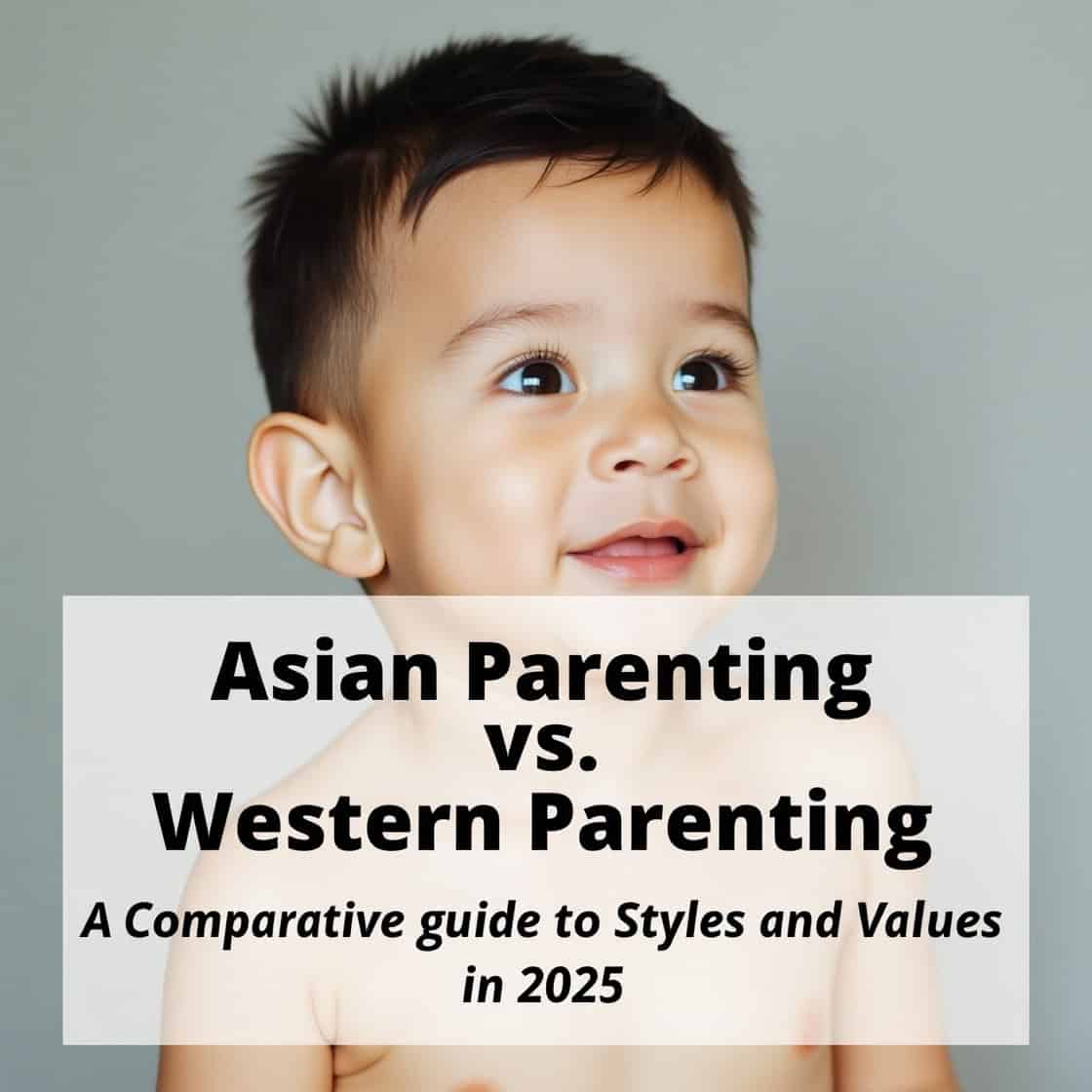The egg shell parent” parenting style creates profound effects on our life development that present significant worries. The definition behind this specific term remains unclear to many people. Many people have experienced parental habits that require them to act with constant apprehension. Egg shell parents donate excessive care as they maintain constant surveillance and display strong caution toward their children’s wellness.
Which source generates such parental conduct? This piece examines the psychological origins of eggshell parenting, along with its effects on children, and provides practical strategies to address it.
What Are Egg shell Parents?
People who walk on egg shells to avoid upsetting their parents exhibit signs of being raised through egg shell parenting. Egg shell parenting has an excessive nature because parents constantly protect their children by supervising all potential risks and mistakes. People who practice this parenting style worry that their kids will crumble under external stress, which leads them to take any necessary safety measures. The characteristics of egg shell parental behavior consist of monitoring their child constantly while they control every aspect of their activities and prioritize keeping their child safe above allowing them to grow independently.
The style of excessive parental protection, which I call egg shell parenting, exists in front of me. My friends experienced parents who completed their school assignments and denied outdoor activities due to constant worries about possible adverse outcomes such as injuries, negative speech, and failures. It’s suffocating. Egg shell parents develop excessive boundaries that separate their children from essential life lessons because they avoid discomfort at any expense. Such overprotective behaviors lead children to develop elevated anxiety levels as well as lose their ability for independence and become uneasy with confronting failure.
Psychological Roots of Egg shell Parenting
So where does this come from? The behavior of egg shell parents makes complete sense to me after recognizing their past life experiences. Often, these behaviors trace back to parental trauma or anxiety about the future. Their background of negligent upbringing possibly drives them to compensate their children excessively. Seeking to provide your children with all you lacked as a child becomes complicated when you simultaneously worry about their future challenges. Fear has a significant impact on this situation.
With parental concerns about their children’s security and achievement, parents tend to become overly involved to an extent. Sometimes it’s linked to perfectionism. The desire for flawless perfection among parents drives them to execute additional measures to achieve an “errorless” child life, but such efforts impede their child’s development in managing difficult situations. The past trauma that adults faced during their childhood affected their parenting choices in ways they need to actively overcome.
How Egg shell Parenting Affects Child Development
Children who grew up with egg shell parents understand the harmful effects of their parenting style. Children of egg shell parenting experience difficulties with making decisions and solving problems after growing up without encountering any consequences for their errors. Such behavior creates anxiety in children until they experience situations that require independence from their protective parents. The intentions of egg shell parents to shield their children end up hurting their self-esteem despite the parents’ good intentions.
Kids experience two self-doubts in their perception of life: that they cannot manage their responsibilities and also that they will inevitably fail at everything. These children encounter difficulties with independence because they struggle with various life aspects, including their ability to connect with others and defend themselves, and they fight with basic independence tasks. Young people suffer from an immense emotional weight as time passes.
Are Egg shell Parents Ever Helpful?
Overall, egg shell parents maintain good intentions toward their children. Their main goal is to protect their children from any potential dangers and promote their health while preserving their security. The situation calls for children to receive extra support together with developmental maturity because it is what they need at times. Overprotection functions differently from emotional security provision, although these approaches often blur into each other.
The approach works during a child’s emotionally sensitive period; however, the permanent implementation hinders the child from essential development. The excessive wrapping of plants with plastic creates an environment for survival rather than growth even though the plant remains alive. Young people require independent experiences to fail as well as time for learning and achieving independence. Mastering the right balance between these two aspects teaches children to become confident persons with strong resilience.
Strategies for Parents: Breaking the Cycle of Egg shell Parenting
People who develop egg shell parenting tendencies can reverse their approach by taking control of their parenting style. Laying your trust in your child is the first step to take. Let your children decide for themselves through their choices even though they might face wrong outcomes. Making errors provides us the opportunity to gain knowledge and learn from them. Making this adjustment remains a demanding task for most people.
I succeeded in backing off from younger siblings by allowing them to fail on their own and offering help only when asked directly. Watching your child face challenges brings you great pain since learning through struggle is essential for their development. When working with children, it is essential to examine and take care of their existing anxious feelings. When your ongoing worries about your child’s safety start to bother you, spend time identifying the source of anxiety.
Seeking therapy with support groups could assist you in understanding your emotions better. Creating firm limits is an essential piece of advice among many other things. Children need choices but boundaries to reach self-confidence through independent decision-making. Being a parent requires us to acknowledge that our job involves teaching our children genuine life skills instead of building protective walls around them.
Conclusion
The psychological understanding of egg shell parent behavior enables people to handle situations involving overprotective parental actions better. Children need protection together with the opportunity to make mistakes and gain knowledge from the struggles of life.
Parents must start by realizing their apprehensions before they can develop harmonious bonds with their children. Parents who understand themselves in this manner may find hope by changing their approach to develop independent and resilient youngsters.
Parents must now drop the delicate approach to embrace the genuine and wonderful experience of parenting. Learn more about parenting from Inkspireo today.






